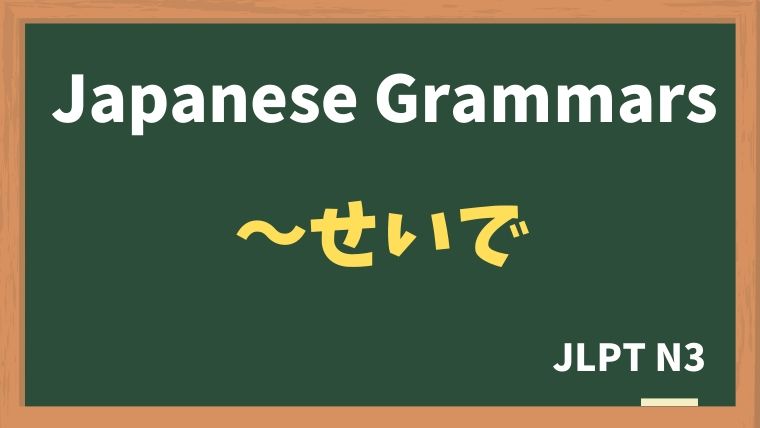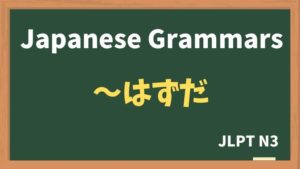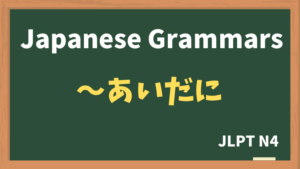
Explanation:〜せいで
fa-check-circleMeaning
"because of / on account of / due to"
Used to indicate the cause or reason for bad result.
fa-check-circleForm
V(plain form) + せいで
イA(plain form)+せいで
ナAな + せいで
ナAである + せいで
Nの + せいで
Nである + せいで
fa-check-circlePoints
- Cause and Effect: "〜せいで" is used to show a direct cause-and-effect relationship, where the cause (preceding "〜せいで") leads to a negative result.
- Negative Connotation: This expression is generally used in situations where the result is undesirable or unfortunate.
- Attaches to Nouns, Verbs, or Adjectives: It can be used after nouns, verbs, or adjectives to explain the cause of the negative outcome.
fa-check-circleJLPT Level
N3
Sample sentenes
コーヒーを飲んだせいで、全然寝られない。
I can’t sleep at all because I drank coffee.
昨日、ホラー映画を見たせいで、怖くてなかなか寝られなかった。
Because of the horror movie I watched, I felt scared and couldn’t sleep easily yesterday.
朝寝坊したせいで、授業に遅れてしまった。
I was late for class because I overslept.
昨日、お酒を飲みすぎたせいで、今気分が悪い。
I was feeling bad because I drank too much alcohol yesterday.
タバコを吸いすぎたせいで、病気になってしまった。
I have been sick because I smoked too much.
部下がミスをしたせいで、クライアントに謝らなければならない。
I have to apologize to my clients because my subordinate made a mistake.
雨のせいで、試合が延期になった。
Because of the rain, the game is postponed.
台風のせいで飛行機が欠航になった。
Due to the typhoon, the flight is canceled.
彼のミスのせいで、プロジェクトが遅れている。
The project is delayed because of his mistake.
遅刻したのは寝坊したせいだ。
I was late because I overslept.
Vocabulary
| Japanese |
English | |
| 朝寝坊する | あさねぼうする | to oversleep |
| 部下 | ぶか | subordinate |
| 謝る | あやまる | to apologize |
| 欠航になる | けっこうになる | to be canceled |
| 寝坊する | ねぼうする | to overslept |







